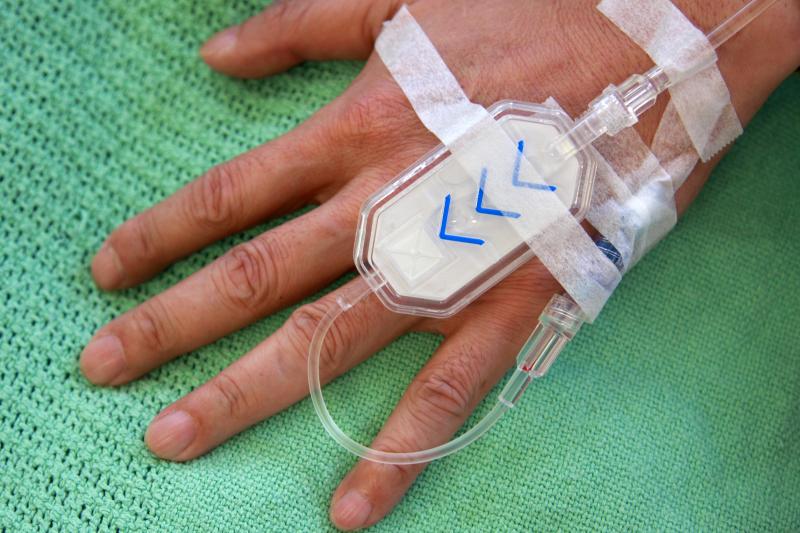
Patients with resectable gastric neuroendocrine carcinoma (G-NEC) or mixed adenoneuroendocrine carcinoma (G-MANEC) do not receive any survival benefit from adjuvant chemotherapy, a recent study has found.
To determine whether adjuvant chemotherapy was associated with improved survival in patients with G-NEC or G-MANEC, the investigators analysed patients with the said conditions who underwent surgery in one of 21 centres in China between 2004 and 2016. They used propensity score matching analysis to reduce selection bias and the Kaplan–Meier method to estimate the overall survival in different treatment groups.
Of the 804 patients with resectable G-NEC or G-MANEC included in the analysis, 490 (60.9 percent) received adjuvant chemotherapy. Overall survival after propensity score matching was similar between the chemotherapy group and the no-chemotherapy group.
Among patients with G-NEC, survival in the fluorouracil (5-FU)-based chemotherapy group and the non-5-FU-based chemotherapy group was comparable to that in the no-chemotherapy group. Likewise, no association was observed between etoposide plus cisplatin or irinotecan plus cisplatin and better overall survival in this treatment arm.
Among patients with G-MANEC, a worse overall survival was observed in the non-5-FU-based chemotherapy group compared to that in the no-chemotherapy group. In addition, overall survival did not improve among those with G-MANEC when platinum-based chemotherapy was used.
G-NECs and G-MANECs are heterogeneous neoplasms characterized by poor outcome. Other studies suggest a positive effect of chemotherapy on survival in patients resected G-NEC. [Endocr Relat Cancer 2015;22:35-45; Neuroendocrinology 2020;110:404-412]